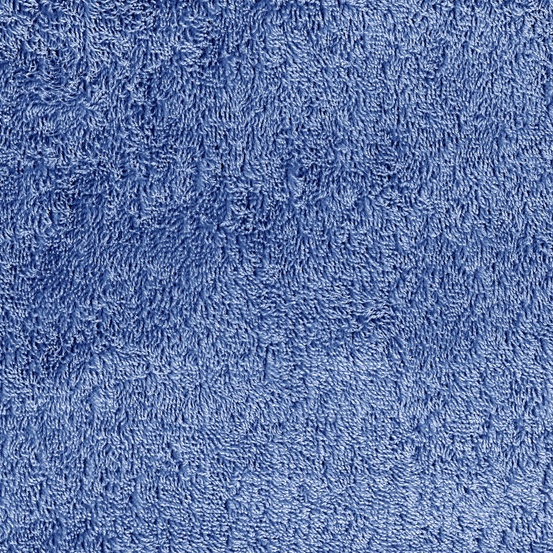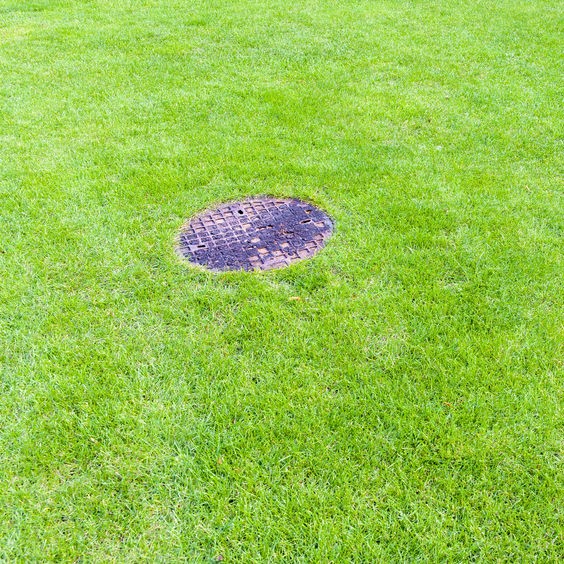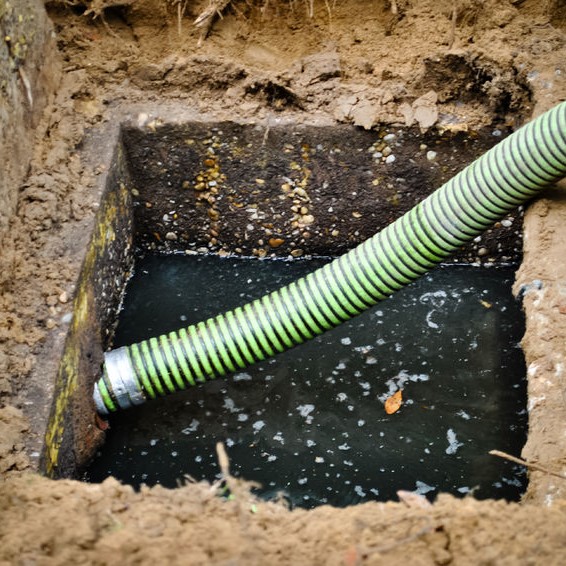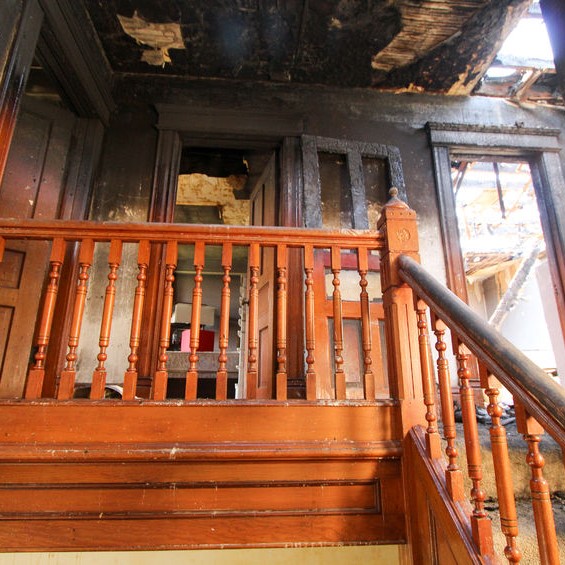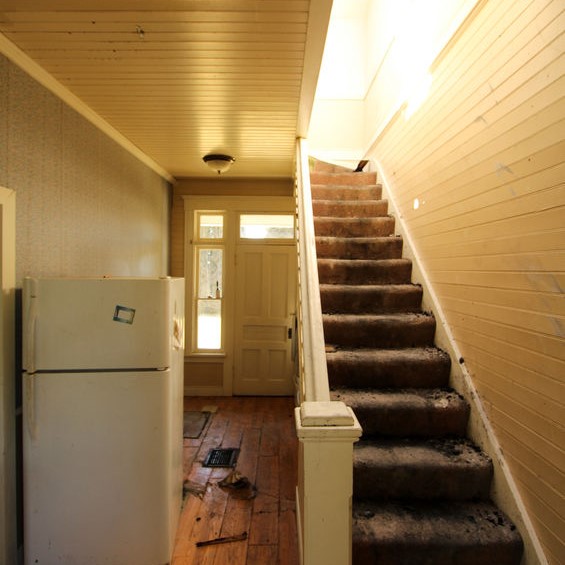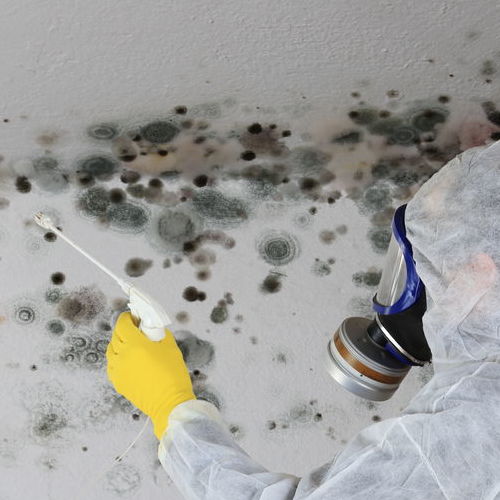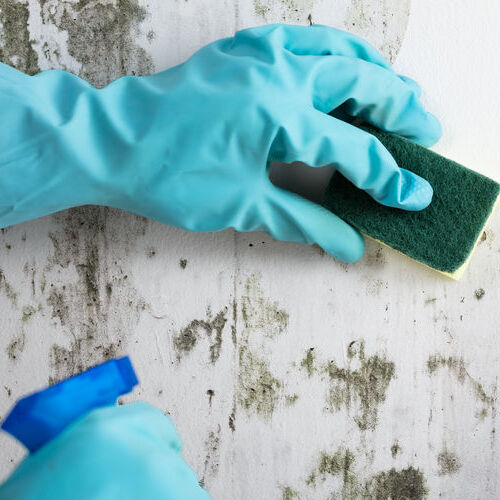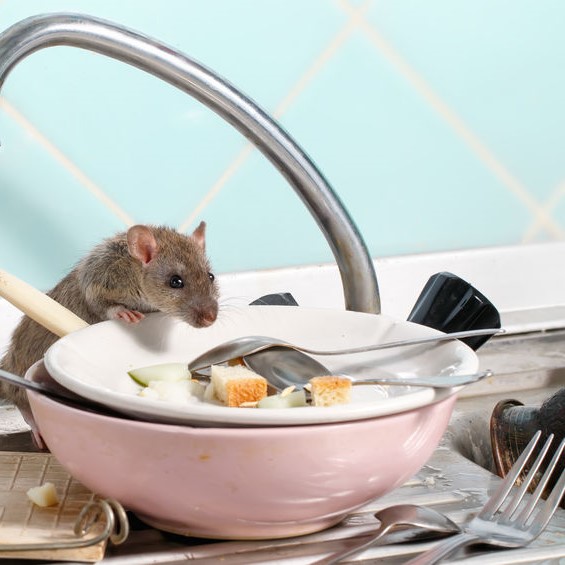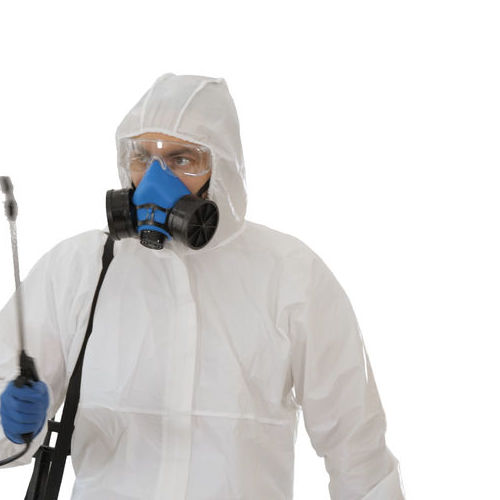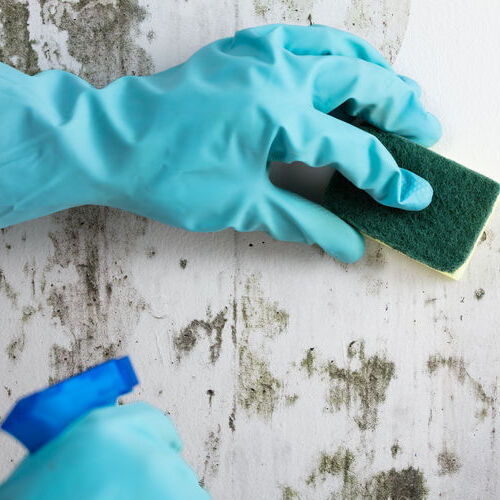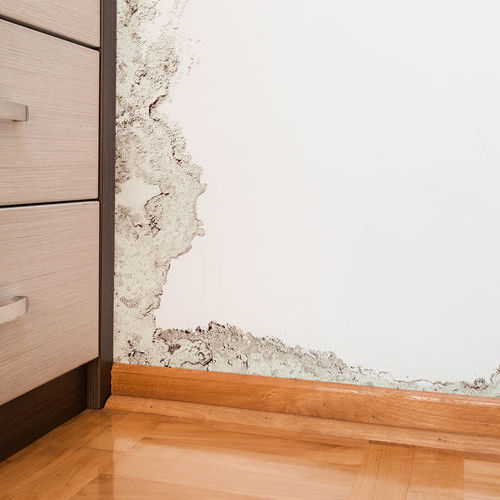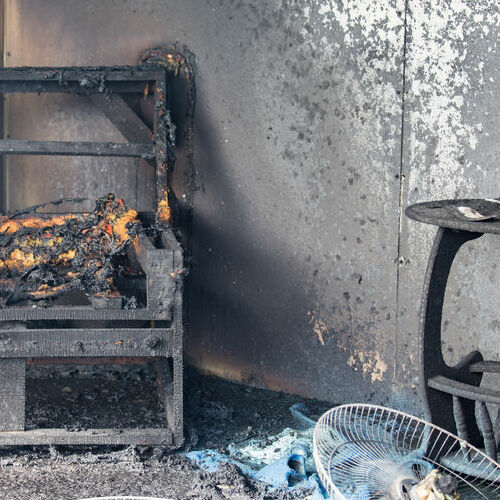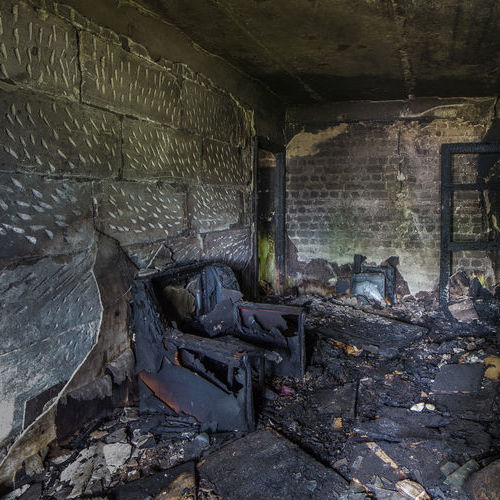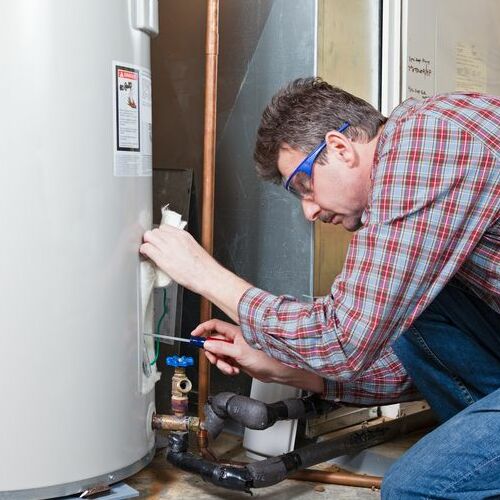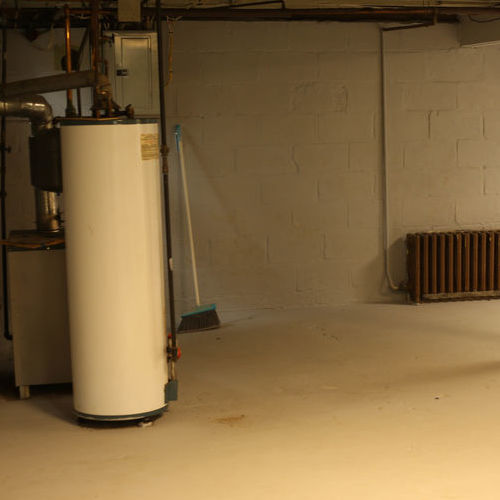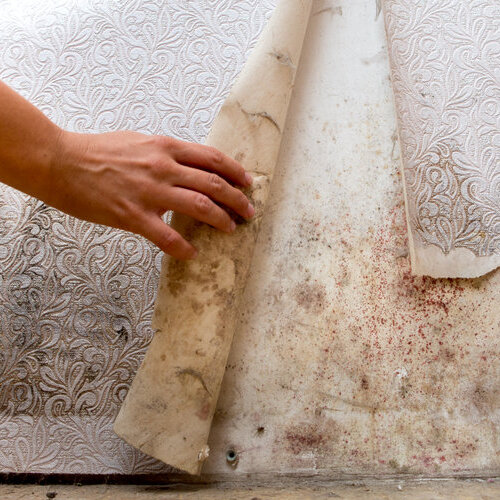
The Important Task of Removing Mold
Living in Florida, a state that is primarily considered coastal, can be wonderful. It’s almost like year-round vacationing! Unfortunately, there are things that occur that can make it not the best vacation spot too, like hurricanes and rain. Along with that rain comes humidity, and that often leaves behind mold. Removal of mold is important for many reasons, and that is what we’re going to discuss today – Mold Removal.
There are home remedies that will remove surface mold, like cleaning with household bleach. However, when the mold is more entrenched, it takes the experience of a company that knows how to do mold removal in homes and get deep into the structure if needed. Mold removal is serious because of the consequences it can lead to for health and structures.
Is mold removal safe?
No, which is why it is always best to have a professional mold removal service do the job. However, if it is a small, contained area, with special precautions you can do your own mold removal. But remember that even a minimal amount of mold exposure during the mold removal process can create health issues like:
- Chronic coughing/sneezing
- Respiratory infections and irritation
- Skin disorders and rashes
- Chronic fatigue
- Headaches
- Nausea and vomiting
- Internal bleeding
- Nose bleeds
If the mold is on the drywall but not entrenched into the framing and structure, the following are steps you can do for mold removal on drywalls that are painted. There are some cases in which coated or painted drywall can be easily cleaned with a product purchased at your home improvement store. Steps for mold removal from painted drywall are:
Step One: Select a cleaning agent that kills mold
What kills mold without bleach? Any of the following options can be used as cleaning agents that don’t include bleach. Depending on how severe the mold problem is though, these chemical and natural alternatives for DIY mold removal may not be enough.
- Baking Soda: This is a common ingredient in your kitchen that can be used for a number of things and is all natural. Mix baking soda with water in a 1:5 ratio and it will make a mild and safe cleanser.
- Vinegar: Another common ingredient in most kitchens, mix an even ratio of vinegar with water for an all-natural and safe cleaner even with children and pets around, but deadly for mold.
- Detergents: Follow the label directions and most detergents make a safe mold removal product.
- Bleach: Most people want to avoid bleach because of the fumes, but it is one of the strongest things you can use for mold removal. Mixing bleach and water in a 1:3 ratio is a strong solution that will do the job in many cases.
Step Two: Fill spray bottle with selected cleaning solution
Step Three: Ventilate and Protect
- Make sure the room you’re performing your mold removal in is well ventilated, opening all doors and windows. This is especially important if you choose the bleach method for mold removal.
- Prepare all the areas around where you’re doing the mold removal in case of any accidental spills of the chemicals or products you’re using. This includes moving furniture, plants, any belongings away from the area where the mold removal will be taking place. Cover the floor with a drop cloth.
Step Four: Spray the mold area with your cleaning solution
- Shake the spray bottle well, then spray a small amount on the mold. Do not drench the area. You don’t want to add moisture to the problem.
- Make sure you cover the entire molded area but not to the point it is running down the wall and spreading.
Step Five: Brushing it clean
- With a soft bristle brush or old toothbrush, scrub the area firmly but not so that it damages the wall. Keep scrubbing until the mold is gone
Step Six: Allow the Area to Dry
- The drying period is essential! If any moisture is left, the mold will return. Place a fan on the mold removal treated area to help the drying process.
Step Seven: Paint the Drywall with a Stain-blocking Paint
- Mold removal will often leave a stain. You can cover this up by painting the drywall with a stain-blocking primer and paint.
Can mold grow back after removal?
Absolutely – it is possible for mold to return, whether you do your own mold removal or have a professional mold removal and remediation service. This is why once mold removal is complete, it is necessary to determine the cause and remove that possibility of a mold outbreak.
Does insurance pay for mold removal?
The verbiage in every homeowner’s insurance policy is vague about answering the question “when is mold removal covered by insurance?” They don’t want to pay for mold removal, so they generally leave room to be able to deny a claim for mold removal and remediation. Most policies exclude mold damage coverage with the exception of when mold is the result of a claim that was covered, like water damage.
For example, a standard homeowners insurance policy will protect the homeowner from water damage that was caused by an accidental or sudden incident. Those incidents will include a busted water pipe or a malfunctioning AC unit.
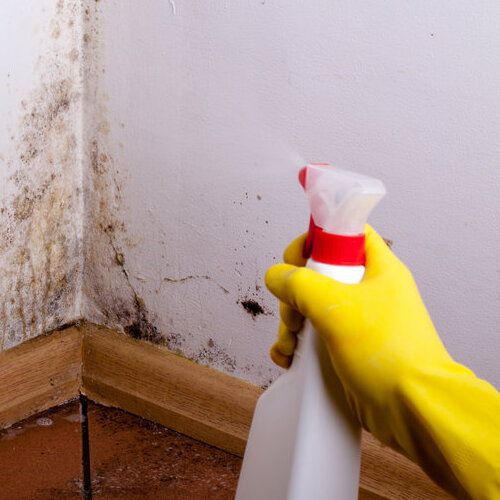
In Closing – The Difference Between Mold Removal vs Remediation
Mold removal physically removes all mold spores from the affected area. However, mold cannot be completely removed because it is a natural occurrence from moisture in the air. Mold remediation is the process of bringing a mold-infested property back to its natural level prior to mold attacking the area.
Mold removal and remediation will be ineffective if the source of moisture that caused the mold isn’t addressed. This is why mold removal and waterproofing must be done at the same time. If you find yourself in need of professional mold removal in Broward, Palm Beach, and Miami-Dade Counties, FL reach out to Restore Experts, Inc. by calling (954) 548-5613.



